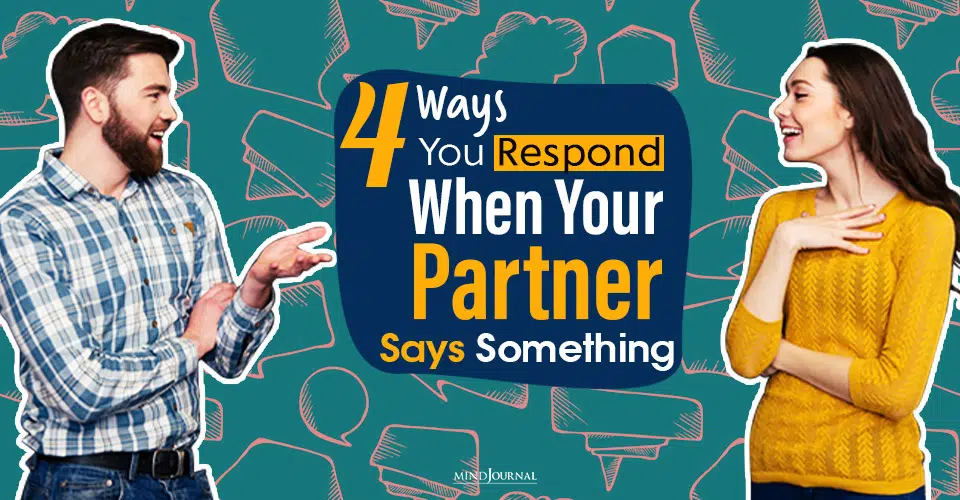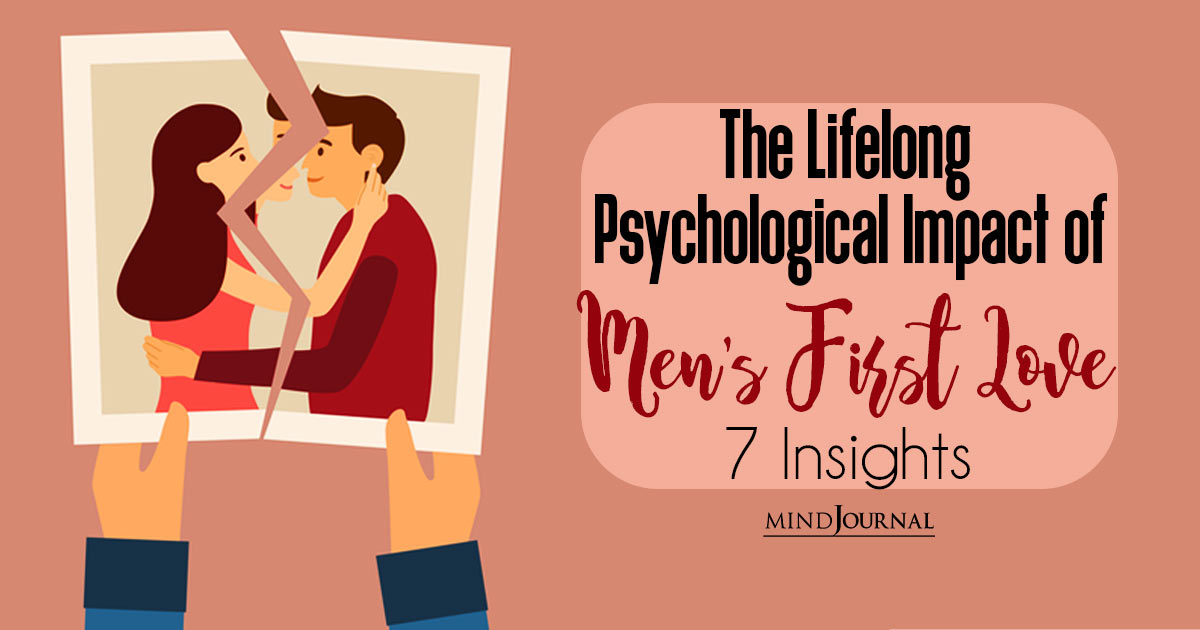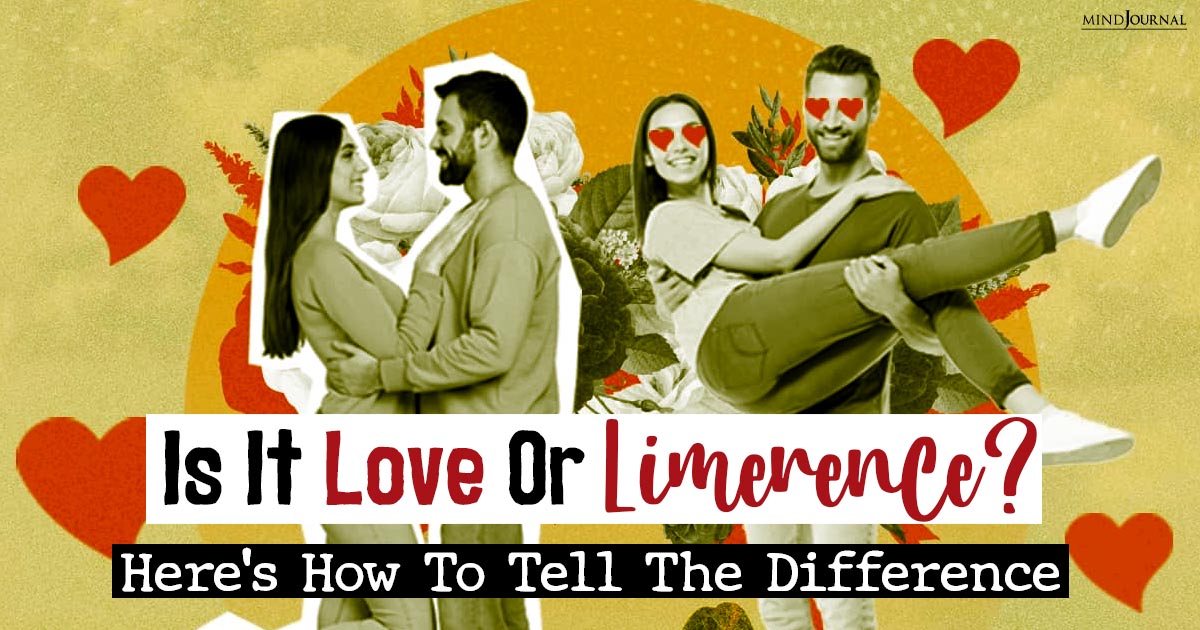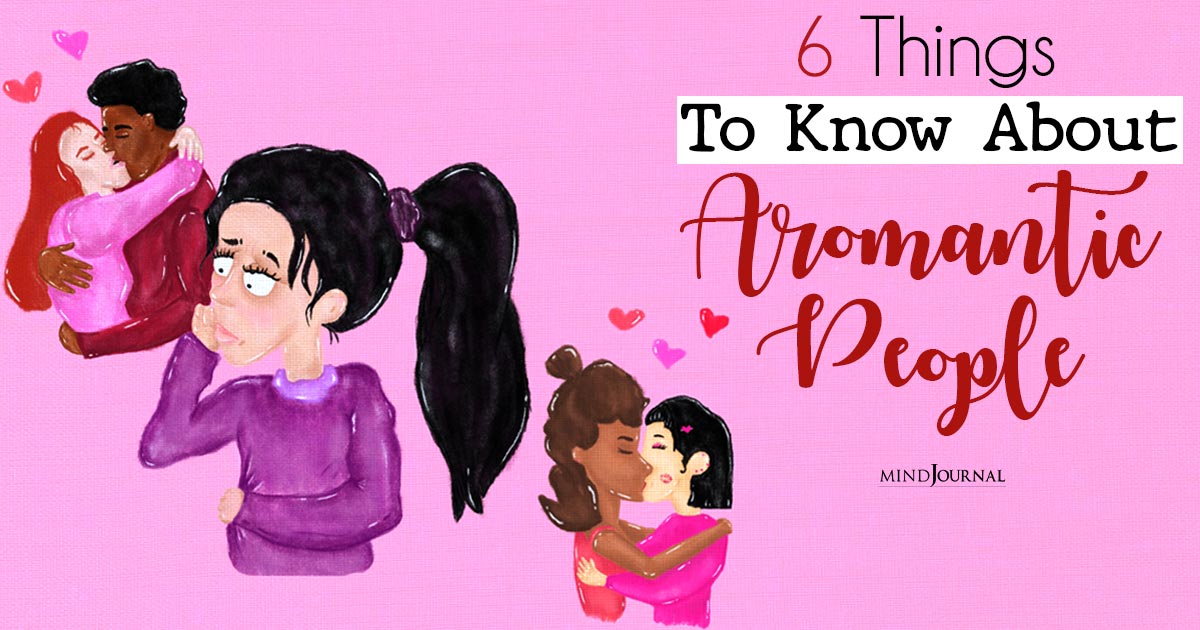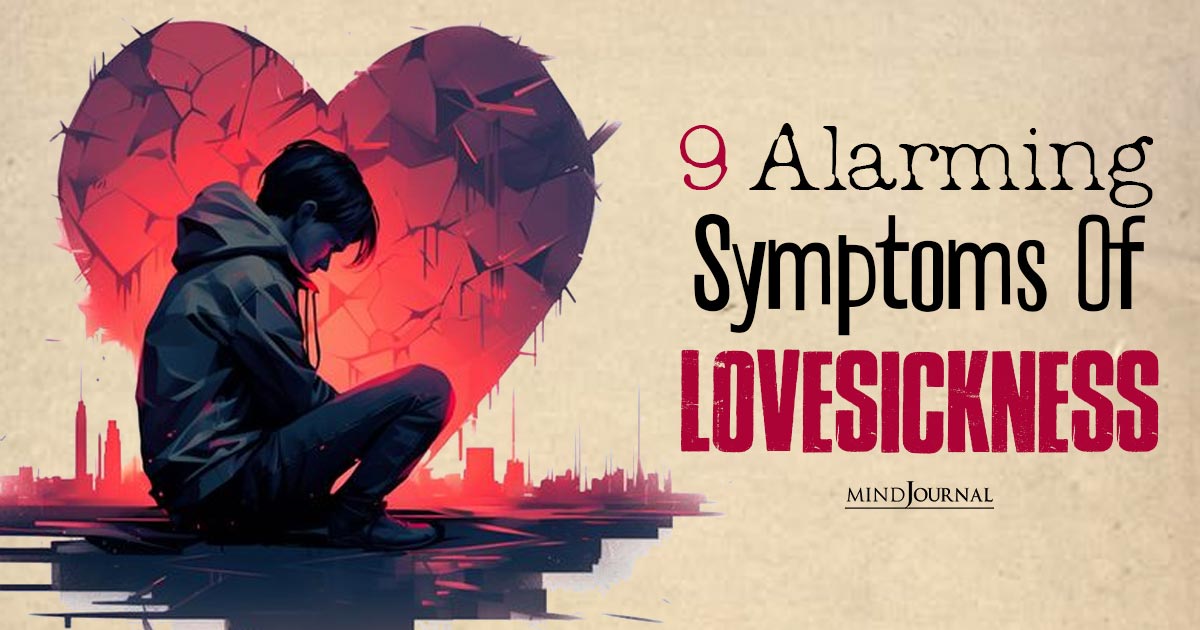When your partner says something to you, what is your typical response? Do you drop sarcasm or sweetness? Ignore, or engage?
Spouses have a stream of opportunities to react to each other, and the way they do reveals the health of the relationship.
Shelly Gable is a psychologist who studies interactions. She looked at how partners react to something good in the other’s life. She had 79 young couples complete a five-minute task.
Her team watched how partners responded when one shared something positive. They classified the responses into four types:
Here’re are different ways you respond when your partner says something
- Active–constructive (energized support)
- Passive–constructive (minimal support)
- Active–destructive (negative) and
- Passive–destructive (ignoring what was said or changing the subject).
For example, suppose that Dartel comes home and tells Josie he got a raise. Josie can respond in many different ways.
An active-constructive response might be: “Awesome! It’s great that you’re being recognized for your work.” Or
She could give a passive-constructive response: “That’s cool” [briefly glancing up from Tik Tok]. Or
She could be active destructive: “What if they expect you to do more? Can you even handle your job now?”
Passive-destructive: “I am so mad at your mom right now.”
Gable followed up with the couples two months later and found that the difference between those doing well and those who had broken up was the amount of active-constructive responses. Partners showing genuine interest in each other’s lives had the healthiest relationships.
This is because active-constructive responses are not just words; they convey information about the relationship. If Josie gives Dartel a verbal high five (“Awesome”), it shows that he is valued, safe, and supported. The positive impact isn’t from the literal meaning of her words; it is from how she feels about Dartel, and this comes across to him.
Also read Why You’re Afraid Of Falling In Love Based On Your Zodiac Sign
Relationship intercations and Bids
John Gottman calls relationship interactions that expect a response “bids.” When a partner says something, it is a bid, and the reaction is revealing. Say that Josie and Dartel are driving in companionable silence. Josie looks out the window and says, “I used to have a purple Ford Taurus like that in college, only it was rusted through.” Her comment isn’t about the clunker, it is about connecting with Dartel.
If his response is positive (“That is one sweet ride!”), it is an example of a partner “turning toward” the other, in Gottman’s terms. If the response to the bid is negative (“You have told me that a million times”) then it is a “turning away” moment. It is also a turn away if the bid is ignored or greeted with an eye roll. The response shows whether the feelings are caring or dismissive. The accumulating turns toward each other are adhesives for the relationship.
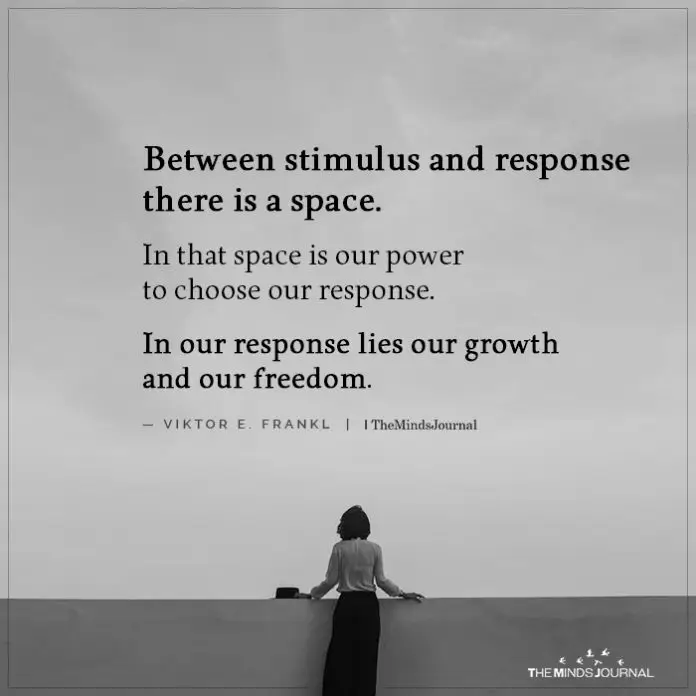
A few years back my wife texted me: “My iPad is missing. Any ideas?” I was busy, but texted back: “No, sorry.” I got back to work. A few minutes later I saw she was calling. I sighed. I was busy writing a book about connecting with your spouse, so I didn’t want to respond. I did answer, but my first thought was to be snarky and say something like, “Did you just want to tell me out loud that it was gone?” But I fortunately thought better of it.
Also read 4 Common Destructive Patterns That Makes You Go Back To Your Ex
She was irritated and having a stressful day, and we talked for three minutes. I listened, asked a couple of questions (“Maybe the kids put it somewhere?”) and it was fine. This was a small example of a bid, and it could have gone several ways: If I was condescending it would have caused distance and resentment.
I tried to be present, so it went OK. Maybe I could have been more sympathetic, and it might have generated more of a connection. She wasn’t necessarily asking me to solve the problem (although that would have been welcome) but wanted a few moments from me to listen to something that was taking her energy.
Bids come frequently, and couples that manage them in a reasonable or encouraging way fare much better than those who don’t.
Gottman followed couples for six years after they got married and found those who had divorced responded positively after a bid only 33% of the time. The couples that were still together had responded positively about 86% of the time. This is a big difference, and it has been found in many kinds of couples: rich, poor, gay, and straight, and is key in predicting which relationships will survive.
How often do you respond positively to your partner’s bids?
The healthiest couples are encouraging or constructive nine times out of ten. Struggling couples turn toward each other only about a third of the time. What is your typical response? How does your partner invite you in? Do they ask for attention, act playful, or want help? All of these are opportunities to show interest and support and make connections
References Shelly Gable, Gian Gonzaga, & Amy Strachman, "Will you be there for me when things go right? Supportive responses to positive event disclosures," Journal of Personality and Social Psychology 91, no. 5 (2006): 904. John Gottman and Nan Silver, What Makes Love Last?: How to Build Trust and Avoid Betrayal (Simon and Schuster, 2012).
Written By: Jason Whiting
Originally appeared on: Psychology Today
Republished with permission

